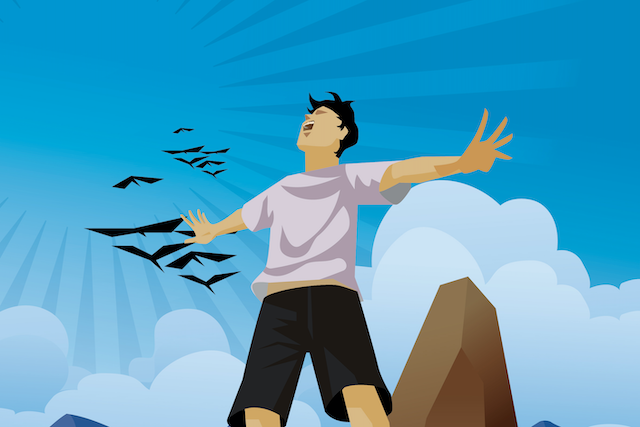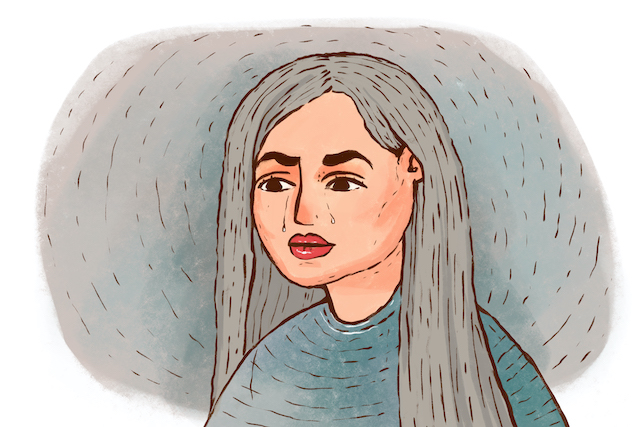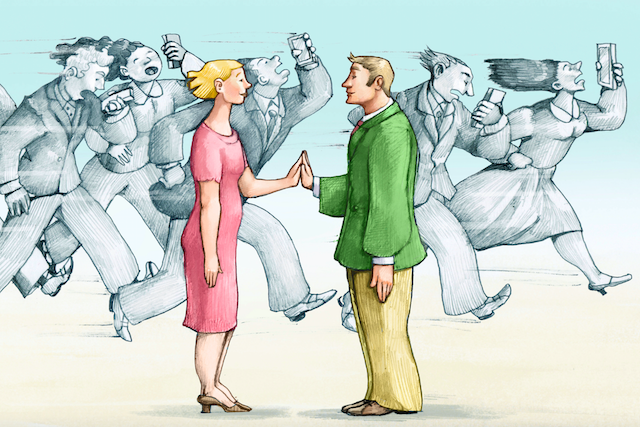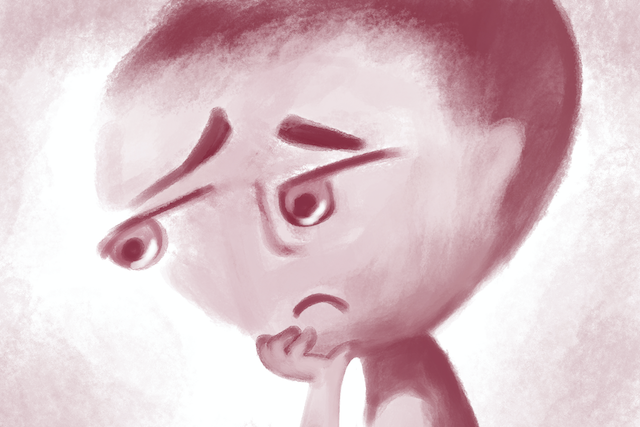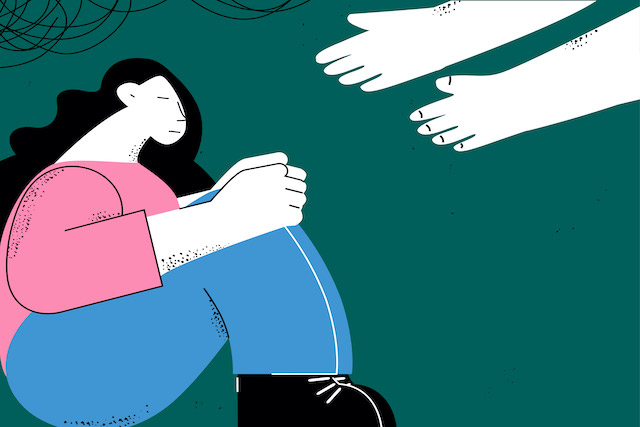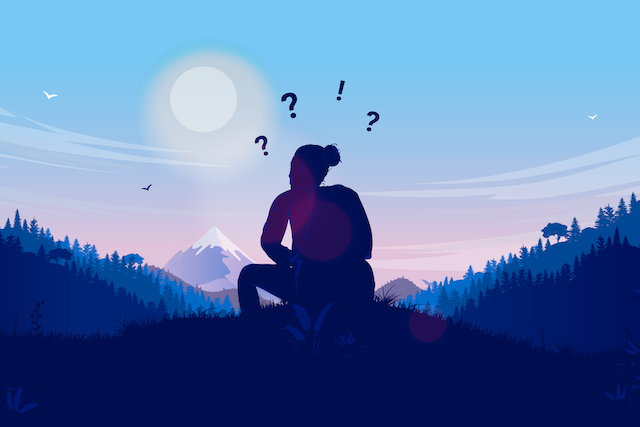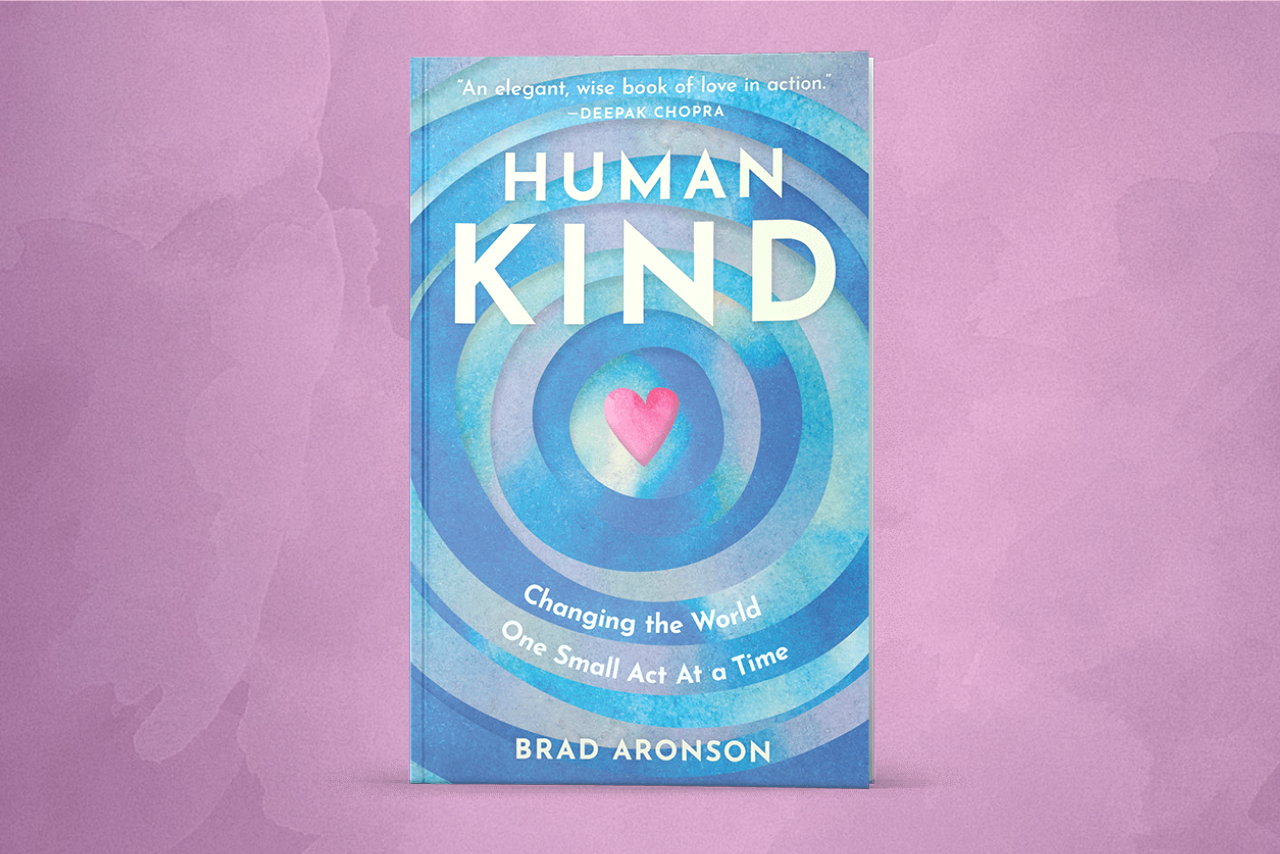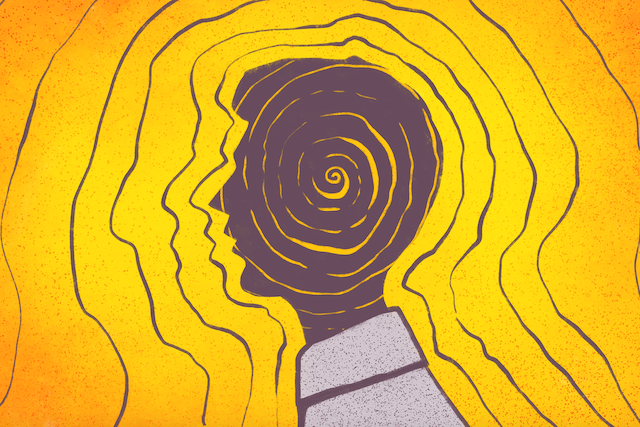
“There were two classes of charitable people: one, the people who did a little and made a great deal of noise; the other, the people who did a great deal and made no noise at all.” ~Charles Dickens
“It’ll be okay, just…”
If I could have taken that expression and thrown it at each person who said it to me when I was struggling with depression, it would have felt much better than hearing it each time.
Here are a few ways people ended that sentence:
“Try not to think about it.”
“Cheer up.”
“Get some exercise.“
“See someone about it.”
All well-intentioned, true, and completely unhelpful.
I didn’t need to hear advice, or pointers or solutions. I just needed them to be present, to remind me I wasn’t alone.
I was in a new town, totally broken, in despair, having had no physical rest for weeks. I couldn’t pray, couldn’t read (I tried), couldn’t sleep, and felt like moving forward was the most insurmountable task of my life.
I could write a book about my journey to and through depression; I could list all the unhelpful things people said and did, but instead I just want to share a few things that did make a difference for me personally while I was at my lowest point. If someone you love is struggling with depression, here’s how you might be able to help.
Be present.
It is so difficult when we don’t know what to do or say to help. Just being present is so valuable. Make it a point to be there physically whenever you are able. And if you’re not able to be there in person, be present from afar.
My best friend Crystal lived very far away at the time. But she knew about my struggle. One day she called, and when I was too drained to even talk, she stared praying for me on the phone. She continued to call every weekend and prayed on the phone for about thirty to forty minutes, while I just sat there and listened, often crying. For a year! That was like someone picking me up and carrying me. I am so grateful to her.
You may not do exactly the same thing, but if you can, make yourself present. Physically be with the people you want to help. You don’t even need to say much. If you are unable to do that, call or write. A quick note that will only take thirty seconds to write, a text that reads, “I love you.” Or “I’m thinking about you.” Or “I’ll see you soon.” Or “You are such a good…” (friend, mother, person, artist, whatever …
This will remind them that they are not alone or forgotten.
Let them talk.
Without judgment or interference. There may not be too many insights you can provide, especially if you haven’t been through the same struggle, but listening is such a priceless gift to offer.
Most of their thoughts or perspective may be flawed—depression can distort our perception—but they need the freedom and safety to express them. Then, you can gently and graciously challenge their thinking if you think that would be helpful.
Let them cry too, it’s okay. It’s a release. Feelings need to be felt in a safe environment until they’re processed. It’s better than holding them inside and letting them weary and crush you.
Take them for a walk.
Somewhere beautiful, if possible, and if you can throw a dog into a mix, even better.
Nature and animals are so healing! When Winston Churchill said, “There is nothing better for the inside of a man than the outside of a horse,” he knew what he was talking about.
I personally felt like I was being rebuilt from the inside every time I was around trees, or just touching a horse or a puppy.
Help with what they need.
Find out what they need, not what you think they need. Maybe it’s to watch their kid while they sleep, or perhaps bring them a meal they would enjoy. Maybe you can help them clean their desk or a bedroom, a kitchen, a closet. Find out from them what would be helpful.
One time, when I was struggling, an older woman who met my husband at work learned that I was in a rather tough spot in life and insisted that she and I talk because she really “wanted to help.” This lady, knowing I had just had a baby, asked if I “could get a babysitter so she could visit with me and teach me some things” about life and parenting. It seemed like it was more about her than me. Needless to say, I didn’t want anything to do with her or her “wisdom.”
Hug and hold.
A good hug fills a gap between loneliness and belonging and triggers oxytocin, along with the rest of the “happy” hormones. It’s so comforting and therapeutic.
Remind them of all they have overcome.
They may resist your attempts to show them their strength, but you can state the facts that prove they are strong or determined, and that these qualities are already in them and will assist them in getting well.
Celebrate little victories.
Because they probably won’t.
Accomplishing anything is a victory for someone who is barely motivated to do anything at all. Help them see that they are progressing, even if it doesn’t feel like it. Hope is what is so needed in order to keep moving forward.
Then, after doing these things, you can tell them: “it will be okay.” And maybe then they’ll believe it.
I wish you well in encouraging those you love.
![]()
About Nino Fincher
Nino currently lives and works in the UAE, helping clients internationally overcome multiple issues through Rapid Transformation Therapy, developed by Marisa Peer. It effectively combines traditional therapy, NLP and hypnosis and gets straight to the core of an issue. Clients who’ve struggled with anxiety, phobias for years are set free. Her website is www.ninofit.com
Get in the conversation! Click here to leave a comment on the site.
The post Want to Help Someone Through Depression? Here Are a Few Things to Try appeared first on Tiny Buddha.
from Tiny Buddha https://ift.tt/3p5D97C

